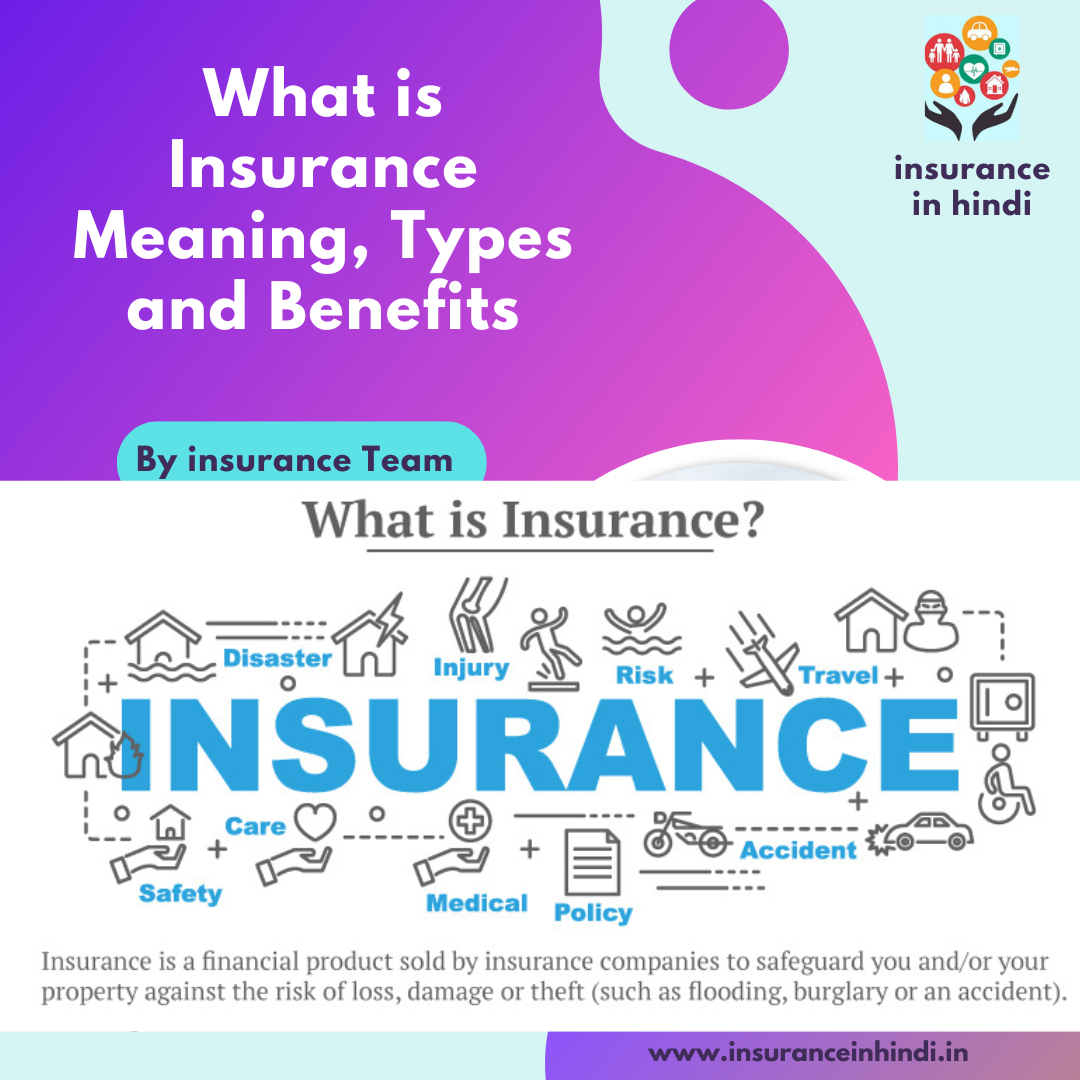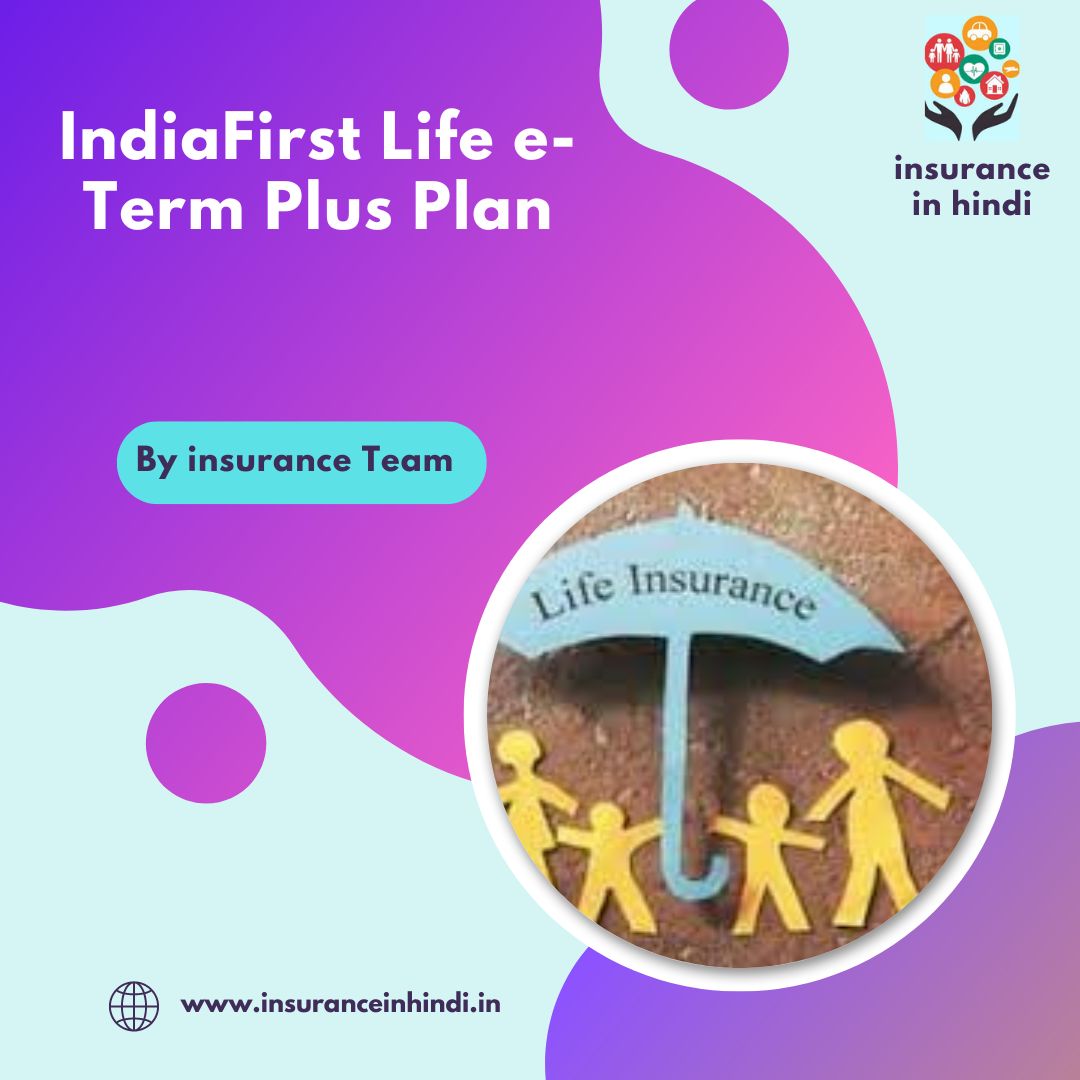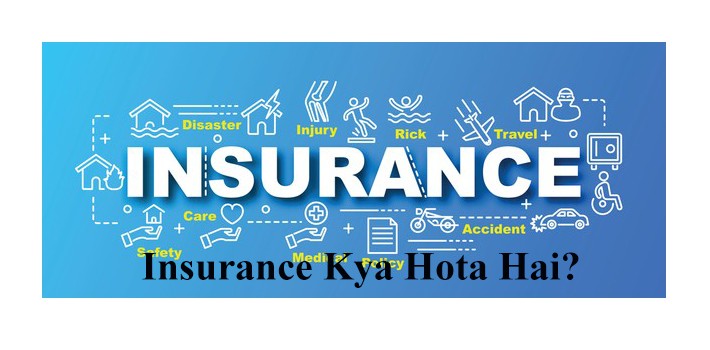High CPC (Cost Per Click) keywords in Google AdSense are those that advertisers are willing to pay a premium for when their ads are clicked on by users. The CPC varies depending on the industry and the specific keywords that advertisers are targeting.
Here are some examples of high CPC keywords across various industries:
- Insurance: health insurance, car insurance, life insurance
- Finance: mortgage, personal loans, credit cards
- Law: personal injury lawyer, criminal defense attorney, divorce lawyer
- Technology: software development, cloud computing, cybersecurity
- Real Estate: luxury homes, commercial property, real estate investment
Keep in mind that the CPC for a particular keyword can also vary based on factors such as location, device, and time of day. Additionally, AdSense CPC rates can also be impacted by factors such as the quality of the website, ad relevance, and ad placement.
It’s important to note that while targeting high CPC keywords can potentially increase revenue, it’s also crucial to ensure that the content and ads are relevant and useful to your website visitors to maintain a positive user experience.
What Is Insurance ?
Insurance is commonly known as “बीमा” (beema) in Hindi meaning.
Insurance is a contract between an individual or an organization and an insurance company, whereby the insurance company agrees to provide financial protection or reimbursement for specific events or circumstances in exchange for regular premium payments.
The purpose of insurance is to protect individuals or businesses from potential financial losses that may arise from unforeseen events or risks, such as accidents, natural disasters, illness, theft, or damage to property. By purchasing insurance, individuals and businesses can transfer the risk of these events to the insurance company, which assumes the financial responsibility for any losses that occur.
There are different types of insurance policies available to cover various risks, including life insurance, health insurance, property insurance, auto insurance, liability insurance, and more. The terms and coverage of each policy may vary depending on the specific type of insurance and the insurance provider.
Overall, insurance provides peace of mind and financial security to individuals and businesses by helping to mitigate the financial impact of unexpected events.
Type Of Insurance ?
There are several types of insurance available that offer protection against various types of risks. Here are some of the most common types of insurance:
- Life Insurance: Provides financial protection to the family or beneficiaries of the policyholder in the event of their death.
- Health Insurance: Covers the cost of medical treatment, including hospitalization, surgeries, and medications, among others.
- Property Insurance: Protects against damage or loss of property due to theft, fire, natural disasters, or other covered events.
- Auto Insurance: Provides financial protection against damage or theft of vehicles, and may also cover liability for injuries or damages caused by the insured’s vehicle.
- Liability Insurance: Protects against claims or lawsuits due to accidents or injuries caused by the insured, and may cover damages, legal fees, and other expenses.
- Disability Insurance: Provides income replacement in the event of an illness or injury that prevents the policyholder from working.
- Travel Insurance: Covers medical expenses, trip cancellation, and other potential issues that may arise while traveling.
- Pet Insurance: Provides coverage for veterinary expenses related to illness or injury of pets.
There may be additional types of insurance available depending on the insurance provider and the country or region in which the policy is purchased. It’s important to carefully review the terms and coverage of any insurance policy before purchasing to ensure that it meets your needs and budget.
1.Life Insurance:
Life insurance is a type of insurance policy that provides financial protection to the family or beneficiaries of the policyholder in the event of their death. The policyholder pays a premium to the insurance company, and in exchange, the company promises to pay a death benefit to the beneficiaries named in the policy.
There are different types of life insurance policies available, including:
- Term Life Insurance: Provides coverage for a specific period, such as 10, 20, or 30 years. If the policyholder dies during the term, the beneficiaries receive the death benefit. Term life insurance policies are typically less expensive than other types of life insurance.
- Whole Life Insurance: Provides coverage for the policyholder’s entire lifetime, and may also include a savings component that accumulates cash value over time.
- Universal Life Insurance: Similar to whole life insurance, but with more flexibility in terms of premium payments and death benefit amounts.
- Variable Life Insurance: Combines a death benefit with investment options, allowing the policyholder to invest the cash value portion of the policy in various investment vehicles.
The amount of the death benefit and the cost of premiums will depend on various factors, such as the policyholder’s age, health, and lifestyle, as well as the type and amount of coverage chosen. It’s important to carefully review the terms and conditions of any life insurance policy before purchasing to ensure that it meets your needs and budget.
2.Health Insurance:
Health insurance is a type of insurance policy that provides coverage for medical and surgical expenses incurred by the policyholder. Health insurance can help individuals and families pay for medical expenses, including hospitalization, surgeries, medications, and other treatments.
There are different types of health insurance policies available, including:
- Indemnity Plans: These plans offer flexibility in choosing healthcare providers, but may have higher out-of-pocket costs and may require the policyholder to pay upfront and then submit claims for reimbursement.
- Health Maintenance Organizations (HMOs): These plans require the policyholder to choose a primary care physician and only receive care from healthcare providers within the HMO network.
- Preferred Provider Organizations (PPOs): These plans offer more flexibility in choosing healthcare providers, but may have higher out-of-pocket costs for out-of-network providers.
- Point of Service (POS) Plans: These plans combine features of HMOs and PPOs, allowing the policyholder to choose between in-network and out-of-network providers.
Health insurance policies may also include additional benefits, such as coverage for prescription drugs, preventive care, mental health services, and more.
The cost of health insurance premiums will depend on various factors, such as the policyholder’s age, health, location, and the type and amount of coverage chosen. It’s important to carefully review the terms and conditions of any health insurance policy before purchasing to ensure that it meets your needs and budget.
3.Property Insurance:
Property insurance is a type of insurance policy that provides financial protection against damage or loss of property due to theft, fire, natural disasters, or other covered events. Property insurance can help individuals and businesses protect their assets, such as homes, buildings, vehicles, and personal belongings.
There are different types of property insurance policies available, including:
- Homeowners Insurance: Provides coverage for damage or loss to a home and its contents, as well as liability protection for injuries that occur on the property.
- Renters Insurance: Provides coverage for personal belongings and liability protection for renters who do not own their home.
- Flood Insurance: Provides coverage for damage or loss due to floods, which are typically not covered by standard homeowners insurance policies.
- Earthquake Insurance: Provides coverage for damage or loss due to earthquakes, which are also typically not covered by standard homeowners insurance policies.
- Auto Insurance: Provides coverage for damage or loss to vehicles, as well as liability protection for injuries or damages caused by the insured’s vehicle.
The amount of coverage and the cost of premiums will depend on various factors, such as the value of the property, the location, and the type and amount of coverage chosen. It’s important to carefully review the terms and conditions of any property insurance policy before purchasing to ensure that it meets your needs and budget.
4. Auto Insurance:
Auto insurance is a type of insurance policy that provides coverage for damages or injuries resulting from a car accident. Auto insurance can help individuals and businesses protect their vehicles and provide financial protection against liability for injuries or damages caused to others.
There are different types of auto insurance coverage available, including:
- Liability Coverage: Provides coverage for injuries or damages caused by the policyholder to others. It may also include coverage for legal fees and court costs if the policyholder is sued.
- Collision Coverage: Provides coverage for damages to the policyholder’s vehicle resulting from a collision with another vehicle or object.
- Comprehensive Coverage: Provides coverage for damages to the policyholder’s vehicle resulting from events other than a collision, such as theft, vandalism, or natural disasters.
- Personal Injury Protection (PIP) Coverage: Provides coverage for medical expenses and lost wages resulting from injuries sustained in a car accident, regardless of who was at fault.
- Uninsured/Underinsured Motorist Coverage: Provides coverage for injuries or damages caused by a driver who does not have enough insurance to cover the damages.
The amount of coverage and the cost of premiums will depend on various factors, such as the age and value of the vehicle, the driver’s age and driving record, and the type and amount of coverage chosen. It’s important to carefully review the terms and conditions of any auto insurance policy before purchasing to ensure that it meets your needs and budget.
5. Liability Insurance:
Liability insurance is a type of insurance policy that provides coverage for financial losses or damages that may occur due to the policyholder’s actions. Liability insurance can help individuals and businesses protect themselves from potential lawsuits and claims for damages.
There are different types of liability insurance policies available, including:
- General Liability Insurance: Provides coverage for damages or injuries caused by the policyholder to others. This may include coverage for bodily injury, property damage, and advertising injury.
- Professional Liability Insurance: Provides coverage for damages resulting from professional negligence or errors, such as medical malpractice, legal malpractice, or errors made by architects or engineers.
- Product Liability Insurance: Provides coverage for damages resulting from defects in products manufactured or sold by the policyholder.
- Directors and Officers Liability Insurance: Provides coverage for damages resulting from the actions or decisions made by company directors and officers.
The amount of coverage and the cost of premiums will depend on various factors, such as the type and size of the business, the industry, and the amount of coverage chosen. It’s important to carefully review the terms and conditions of any liability insurance policy before purchasing to ensure that it meets your needs and budget.
5.Disability Insurance:
Disability insurance is a type of insurance policy that provides coverage for individuals who become disabled and are unable to work. Disability insurance can provide financial protection by paying a portion of the individual’s income during the period of disability.
There are different types of disability insurance policies available, including:
- Short-term Disability Insurance: Provides coverage for a limited period, usually a few months to a year, after the individual becomes disabled and is unable to work. This type of insurance policy may have a waiting period before benefits are paid.
- Long-term Disability Insurance: Provides coverage for an extended period, usually until the individual reaches retirement age or is able to return to work. This type of insurance policy may also have a waiting period before benefits are paid.
- Own-occupation Disability Insurance: Provides coverage for individuals who are unable to work in their own occupation due to a disability. This type of insurance policy is more expensive but may provide more comprehensive coverage.
- Any-occupation Disability Insurance: Provides coverage for individuals who are unable to work in any occupation due to a disability. This type of insurance policy is less expensive but may provide more limited coverage.
The amount of coverage and the cost of premiums will depend on various factors, such as the individual’s occupation, age, health, and the amount of coverage chosen. It’s important to carefully review the terms and conditions of any disability insurance policy before purchasing to ensure that it meets your needs and budget.
6.Travel Insurance:
Travel insurance is a type of insurance policy that provides coverage for financial losses or medical expenses that may occur while traveling. Travel insurance can provide a wide range of coverage, including medical expenses, trip cancellation or interruption, lost or stolen luggage, and emergency medical evacuation.
There are different types of travel insurance policies available, including:
- Medical Expense Coverage: Provides coverage for medical expenses incurred while traveling, such as doctor visits, hospitalization, and prescription medications.
- Trip Cancellation or Interruption Coverage: Provides coverage for expenses incurred if the trip is cancelled or interrupted due to unforeseen circumstances, such as illness, natural disasters, or terrorist acts.
- Baggage and Personal Effects Coverage: Provides coverage for lost, stolen, or damaged baggage and personal items, such as cameras, laptops, or jewelry.
- Emergency Medical Evacuation Coverage: Provides coverage for emergency medical transportation, such as air ambulance or medical repatriation, if the individual becomes ill or injured while traveling.
- Accidental Death and Dismemberment Coverage: Provides coverage for accidental death or dismemberment that occurs while traveling.
The amount of coverage and the cost of premiums will depend on various factors, such as the destination, length of trip, age of the traveler, and the type and amount of coverage chosen. It’s important to carefully review the terms and conditions of any travel insurance policy before purchasing to ensure that it meets your needs and budget.
7.Pet Insurance:
Pet insurance is a type of insurance policy that provides coverage for veterinary expenses and other costs associated with owning a pet. Pet insurance can help pet owners manage the costs of unexpected medical expenses or treatments for their pets.
There are different types of pet insurance policies available, including:
- Accident-only Coverage: Provides coverage for veterinary expenses resulting from an accident, such as injuries sustained in a car accident.
- Comprehensive Coverage: Provides coverage for veterinary expenses resulting from accidents, illnesses, and preventive care, such as vaccinations and routine check-ups.
- Wellness Coverage: Provides coverage for preventive care, such as vaccinations, routine check-ups, and dental cleanings.
- Hereditary and Congenital Coverage: Provides coverage for genetic or hereditary conditions that may affect certain breeds of pets.
The amount of coverage and the cost of premiums will depend on various factors, such as the type of pet, age of the pet, breed of the pet, and the amount of coverage chosen. It’s important to carefully review the terms and conditions of any pet insurance policy before purchasing to ensure that it meets your needs and budget, and covers any specific health concerns or conditions that your pet may have.




